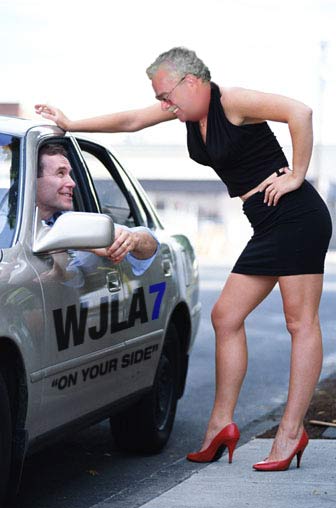The Independent Institute: "Overall, immigration has been a net gain for existing American citizens"

The Independent Institute has released an Open Letter on Immigration:
Dear President George W. Bush and All Members of Congress:The focus of the letter is the economic benefits of immigration. It does not appear to argue that these desirable benefits of immigration could not be attained if the border were secured -- so that only people who want to participate in the American Dream enter and not those who would destroy it.
People from around the world are drawn to America for its promise of freedom and opportunity. That promise has been fulfilled for the tens of millions of immigrants who came here in the twentieth century.
Throughout our history as an immigrant nation, those who are already here worry about the impact of newcomers. Yet, over time, immigrants have become part of a richer America, richer both economically and culturally. The current debate over immigration is a healthy part of a democratic society, but as economists and other social scientists we are concerned that some of the fundamental economics of immigration are too often obscured by misguided commentary.
Overall, immigration has been a net gain for existing American citizens, though a modest one in proportion to the size of our 13 trillion-dollar economy.
Immigrants do not take American jobs. The American economy can create as many jobs as there are workers willing to work so long as labor markets remain free, flexible and open to all workers on an equal basis.
Immigration in recent decades of low-skilled workers may have lowered the wages of domestic low-skilled workers, but the effect is likely to be small, with estimates of wage reductions for high-school dropouts ranging from eight percent to as little as zero percent.
While a small percentage of native-born Americans may be harmed by immigration, vastly more Americans benefit from the contributions that immigrants make to our economy, including lower consumer prices. As with trade in goods and services, the gains from immigration outweigh the losses. The effect of all immigration on low-skilled workers is very likely positive as many immigrants bring skills, capital and entrepreneurship to the American economy.
Legitimate concerns about the impact of immigration on the poorest Americans should not be addressed by penalizing even poorer immigrants. Instead, we should promote policies, such as improving our education system that enables Americans to be more productive with high-wage skills.
We must not forget that the gains to immigrants from coming to the United States are immense. Immigration is the greatest anti-poverty program ever devised. The American dream is a reality for many immigrants who not only increase their own living standards but who also send billions of dollars of their money back to their families in their home countries—a form of truly effective foreign aid..
America is a generous and open country and these qualities make America a beacon to the world. We should not let exaggerated fears dim that beacon.
Thanks to Alex Tabarrok for the link.




